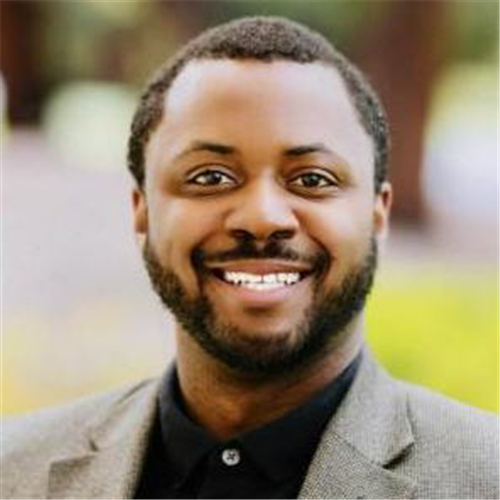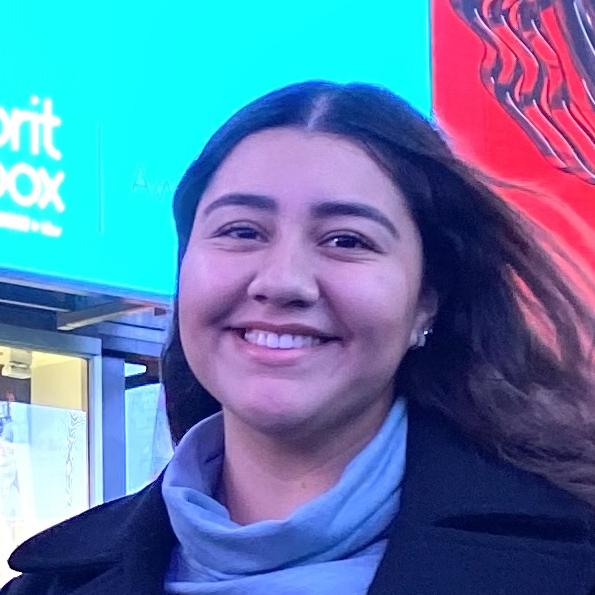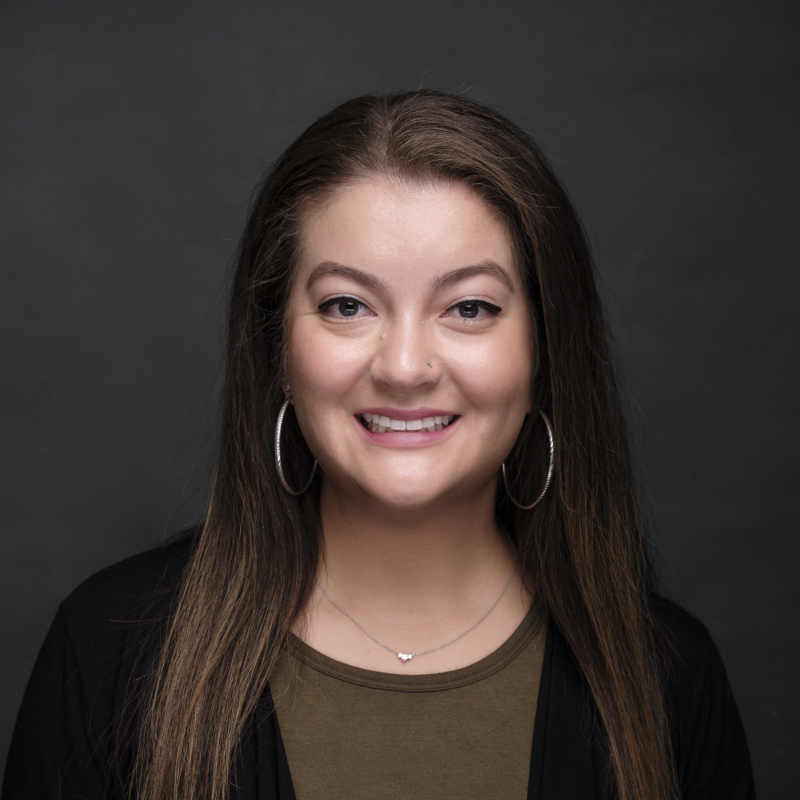
Dissertation Proposal
Proposal Overview and Format
Students are urged to begin thinking about a dissertation topic early in their degree program. Concentrated work on a dissertation proposal normally begins after successful completion of the Second-Year Review, which often includes a “mini” proposal, an extended literature review, or a theoretical essay, plus advancement to doctoral candidacy. In defining a dissertation topic, the student collaborates with their faculty advisor or dissertation advisor (if one is selected) in the choice of a topic for the dissertation.
The dissertation proposal is a comprehensive statement on the extent and nature of the student’s dissertation research interests. Students submit a draft of the proposal to their dissertation advisor between the end of the seventh and middle of the ninth quarters. The student must provide a written copy of the proposal to the faculty committee no later than two weeks prior to the date of the proposal hearing. Committee members could require an earlier deadline (e.g., four weeks before the hearing).
The major components of the proposal are as follows, with some variations across Areas and disciplines:
- A detailed statement of the problem that is to be studied and the context within which it is to be seen. This should include a justification of the importance of the problem on both theoretical and educational grounds.
- A thorough review of the literature pertinent to the research problem. This review should provide proof that the relevant literature in the field has been thoroughly researched. Good research is cumulative; it builds on the thoughts, findings, and mistakes of others.
- A statement on the overall design of the proposed study, which includes:
- its general explanatory interest
- the overall theoretical framework within which this interest is to be pursued
- the model or hypotheses to be tested or the research questions to be answered
- a discussion of the conceptual and operational properties of the variables
- an overview of strategies for collecting appropriate evidence (sampling, instrumentation, data collection, data reduction, data analysis)
- a discussion of how the evidence is to be interpreted (This aspect of the proposal will be somewhat different in fields such as history and philosophy of education.)
- If applicable, students should complete a request for approval of research with human subjects, using the Human Subjects Review Form (http://humansubjects.stanford.edu/). Except for pilot work, the University requires the approval of the Administrative Panel on Human Subjects in Behavioral Science Research before any data can be collected from human subjects.
Registration (i.e., enrollment) is required for any quarter during which a degree requirement is completed, including the dissertation proposal. Refer to the Registration or Enrollment for Milestone Completion section for more details.
Proposal Committee
As students progress through the program, their interests may change. There is no commitment on the part of the student’s advisor to automatically serve as the dissertation chair. Based on the student’s interests and the dissertation topic, many students approach other GSE professors to serve as the dissertation advisor, if appropriate.
A dissertation proposal committee is comprised of three academic council faculty members, one of whom will serve as the major dissertation advisor. Whether or not the student’s general program advisor serves on the dissertation proposal committee and later the reading committee will depend on the relevance of that faculty member’s expertise to the topic of the dissertation, and their availability. There is no requirement that a program advisor serve, although very often they do. Members of the dissertation proposal committee may be drawn from other area committees within the GSE, from other departments in the University, or from emeriti faculty. At least one person serving on the proposal committee must be from the student’s area committee (CTE, DAPS, SHIPS). All three members must be on the Academic Council; if the student desires the expertise of a non-Academic Council member, it may be possible to petition. After the hearing, a memorandum listing the changes to be made will be written and submitted with the signed proposal cover sheet and a copy of the proposal itself to the Doctoral Programs Officer.
Proposal Hearing or Meeting
Review and approval of the dissertation proposal occurs normally during the third year. The proposal hearing seeks to review the quality and feasibility of the proposal. The Second-Year Review and the Proposal Hearing are separate milestones and may not occur as part of the same hearing or meeting.
The student and the dissertation advisor are responsible for scheduling a formal meeting or hearing to review the proposal; the student and proposal committee convene for this evaluative period. Normally, all must be present at the meeting either in person or via conference phone call.
At the end of this meeting, the dissertation proposal committee members should sign the Cover Sheet for Dissertation Proposal and indicate their approval or rejection of the proposal. This signed form should be submitted to the Doctoral Programs Officer. If the student is required to make revisions, an addendum is required with the written approval of each member of the committee stating that the proposal has been revised to their satisfaction.
After submitting the Proposal Hearing material to the Doctoral Programs Officer, the student should make arrangements with three faculty members to serve on their Dissertation Reading Committee. The Doctoral Dissertation Reading Committee form should be completed and given to the Doctoral Programs Officer to enter in the University student records system. Note: The proposal hearing committee and the reading committee do not have to be the same three faculty members. Normally, the proposal hearing precedes the designation of a Dissertation Reading Committee, and faculty on either committee may differ (except for the primary dissertation advisor). However, some students may advance to Terminal Graduate Registration (TGR) status before completing their dissertation proposal hearing if they have established a dissertation reading committee. In these cases, it is acceptable for the student to form a reading committee prior to the dissertation proposal hearing. The reading committee then serves as the proposal committee.
The proposal and reading committee forms and related instructions are on the GSE website, under doctoral forms.
Contact us
PhD students, please contact:

MA POLS and MA/PP students, please contact:

EDS, Individually Designed, LDT, MA/JD, students, please contact:

GCE/IEPA MA, MA/MBA students, please contact:

